Description
The Horizons Kindergarten Health Teacher’s Guide provides Christian homeschooling families with a comprehensive, age-appropriate introduction to healthy living principles rooted in Biblical values. This essential curriculum component transforms health education from abstract concepts into engaging, practical lessons that kindergarten students can easily understand and apply. Designed specifically for homeschooling parents who want to establish strong foundations for lifelong healthy habits, this teacher’s guide removes the guesswork from health instruction while ensuring every lesson aligns with Christian family values.
Comprehensive Curriculum Structure and Educational Philosophy
This robust 48-lesson curriculum employs Alpha Omega Publications’ proven spiral learning methodology, which introduces health concepts through repeated exposure and reinforcement throughout the school year. Unlike traditional health programs that may overwhelm young learners, the Horizons approach presents information in bite-sized, age-appropriate segments that build upon previous learning. Each lesson follows a carefully structured format that includes clear objectives, required materials lists, detailed background information, step-by-step teaching directions, and coordinated student activities.
The curriculum’s Christian worldview permeates every lesson, helping families teach health education as stewardship of God’s creation. Biblical passages and principles are naturally woven throughout the material, reinforcing the concept that caring for our bodies honors God. This approach particularly resonates with conservative Christian homeschooling families who want health education that supports rather than conflicts with their family’s faith foundation.
Practical Teaching Features for Busy Homeschool Parents
Understanding that homeschooling parents wear many hats, the Horizons Kindergarten Health Teacher’s Guide includes numerous time-saving features that make lesson preparation manageable. The curriculum overview provides a complete roadmap for the entire school year, while the detailed scope and sequence helps parents understand how individual lessons fit into the broader health education framework. Each unit clearly outlines goals, background information, vocabulary terms, and additional resources, allowing parents to feel confident in their teaching approach even without formal health education training.
The inclusion of puppet dialogue suggestions adds an interactive element that kindergarten students find particularly engaging. These puppet scenarios help children process health concepts through storytelling and role-play, making abstract ideas concrete and memorable. For homeschooling families with multiple children, these puppet dialogues can easily involve siblings, creating opportunities for family-wide health discussions and reinforcement.
Flexibility for Diverse Homeschooling Approaches
The Horizons Health curriculum accommodates various homeschooling philosophies and scheduling preferences. Designed for implementation two to three days per week, the program allows families to integrate health lessons with other subjects or teach them as standalone units. This flexibility proves invaluable for families using unit studies, Charlotte Mason approaches, or traditional subject-based scheduling. Parents can easily adapt the timeline to match their family’s pace, spending additional time on concepts that require reinforcement or moving more quickly through familiar material.
The curriculum’s modular structure allows families to teach units in different orders based on seasonal relevance or family circumstances. For instance, safety lessons might be emphasized before summer activities, while body care topics could coordinate with family discussions about personal responsibility and growing independence.
Topics Covered and Real-World Applications
The curriculum addresses six core health themes that provide kindergarten students with essential life skills: living in a family, getting along with others, taking care of the body, being safe, preventing health problems, and developing healthy relationships. These topics go beyond basic hygiene instruction to include social-emotional health, family dynamics, and community responsibility.
Family life lessons help children understand their role within the family structure while learning about respect, cooperation, and contribution to household harmony. Social interaction lessons provide practical strategies for friendship building, conflict resolution, and showing kindness to others. Body care instruction covers personal hygiene, nutrition basics, exercise importance, and recognizing signs of illness. Safety education includes home safety, stranger awareness, emergency procedures, and outdoor safety practices.
Enhanced Learning Through Musical Integration
The curriculum includes carefully selected musical selections that correlate with lesson material, appealing to auditory learners and adding variety to instruction. These songs help reinforce key concepts through repetition and melody, making health principles more memorable for young learners. Families with musical inclinations can expand these activities by creating additional songs, incorporating instruments, or using music as transition activities between subjects.
Seamless Integration with Student Materials
While the teacher’s guide provides comprehensive instruction, it works in coordination with the separately sold Horizons Kindergarten Health Student Workbook, which contains over 40 colorful visuals and hands-on activities. The teacher’s guide clearly references when and how to use these student materials, ensuring smooth lesson flow and maximum educational impact. Activities include coloring, matching, cutting, and tracing exercises that develop fine motor skills while reinforcing health concepts.
Support for Different Learning Styles
The multi-sensory approach accommodated by this curriculum supports diverse learning preferences common in homeschooling families. Visual learners benefit from the colorful illustrations and visual aids referenced throughout the guide. Kinesthetic learners engage through hands-on activities, role-playing, and puppet interactions. Auditory learners respond to the musical elements, puppet dialogues, and discussion opportunities built into each lesson.
Building Character Alongside Health Knowledge
Beyond physical health education, the Horizons curriculum emphasizes character development and moral reasoning. Lessons naturally incorporate discussions about responsibility, self-control, kindness, and respect for others. These character-building elements align with many homeschooling families’ goals of raising children with strong moral foundations alongside academic achievement.
Educational Attributes:
- Grade Level: Kindergarten
- Subject: Health Education
- Educational Approach: Christian/Biblical Worldview
- Curriculum Type: Structured, Teacher-Led
Practical Attributes:
- Lesson Count: 48 lessons
- Estimated Completion Time: Full school year (2-3 days per week)
- Format: Softbound Teacher’s Guide
Content/Scope Attributes:
- Topics Covered: Family relationships, social skills, body care, safety, disease prevention, healthy habits
- Real-world Applications: Personal hygiene, family cooperation, friendship skills, safety awareness, healthy decision-making
Format/Usability Attributes:
- Format: Print-based curriculum guide
- Required Materials: Student workbook (sold separately)
Special Features:
- Puppet dialogue suggestions for interactive learning
- Musical selections coordinated with lessons
- Spiral learning methodology with built-in review
- Biblical integration throughout all lessons
- Flexible scheduling options
- Time-saving preparation features
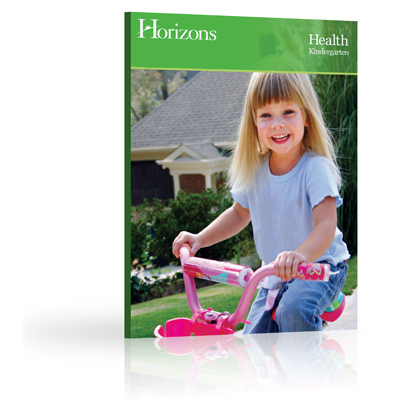
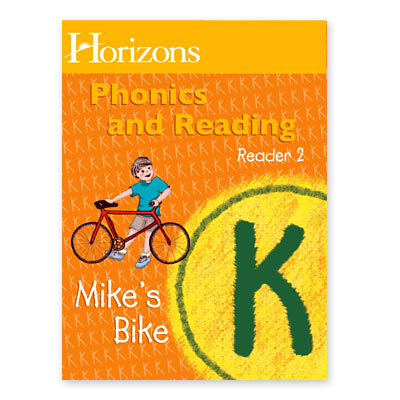
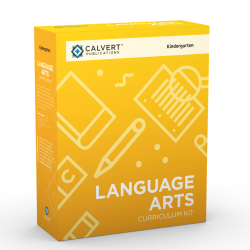
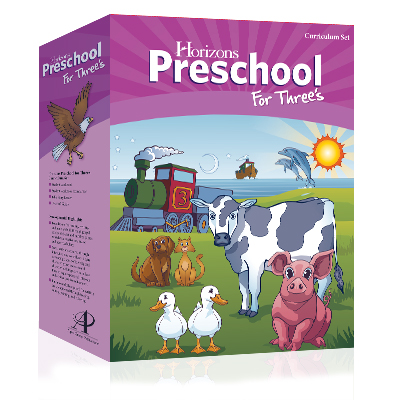
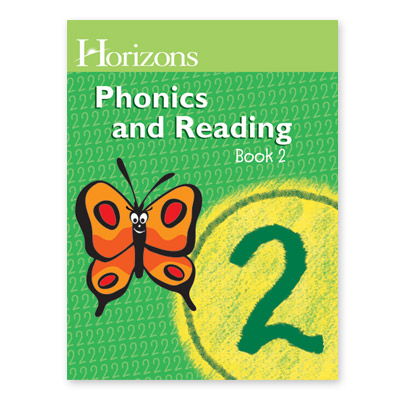
Reviews
There are no reviews yet.